In March 2018 a North-South exchange between Iraqi and Kurdish water activists took place in Southern Iraq with a Kurdish delegation touring the Marshlands. This fostered new collaboration between environmental groups in Kurdistan Region and in the Center/South of Iraq. In September, this visit was reciprocated with a visit to Sulaymaniyah Governorate by activists from the South. With the water pollution crisis unfolding in Basra and Ilisu Dam starting its operations soon, this was a symbolic exchange to cultivate the ties between activists inside Iraq. Collaboration across divides is needed to address the root causes of the crises and address some of the water challenges for Iraq. In addition, following the previous visit to the marshlands, this was an excellent opportunity to jointly visit some key natural sites in the North of the country.
Five activists from Baghdad, Nasiriya and Amara participated in the exchange (lead by Humat Dijlah), which took place from 13-17 September 2018. Together with the Kurdish hosts (lead by Waterkeepers Iraq) they are all members of Save the Tigris Campaign. The goal was to learn more about the waterways in Sulaymaniyah Governorate and about environmental activism in the region. The participants spent each night in a camp in the countryside a several kilometers north of Sulaymaniyah. There was plenty of time for socializing and strategizing together.
The tour kicked off at the Tobacco Factory in the city of Sulaymaniyah, which thanks to local activists has been turned into a cultural center and artist hub after years of neglect. This is now an important space for creativity and activism, including Waterkeepers Iraq who are based here. In the factory a meeting was hosted during which some of the current environmental challenges in Iraq were discussed together with some key activists of the Tobacco Factory.
On the following days the delegation visited Lake Dukan by boat during which they were briefed on the details of the Dukan Dam, the water system that feeds Northern Iraq and how it has been affected by a decline in water flows. The group visited a site close to the Tanjero River where waste has been dumped by the municipality as well as industries. Garbage, oil and toxic materials have polluted the local environment, contaminating the Tanjero River as well as the groundwater. The confluence of the Tanjero River and the Sirwan River together form the Diyala River, which is a tributary of the Tigris. An environmental catastrophe due to corruption and negligence, reminiscent on a smaller scale of the pollution crisis in the Shatt al-Arab at the end of the Tigris River.
The tour ended with a visit to 2 key natural sites in the area. The activists explored Hazarmerd Cave, a Paleolithic site which contained hand-axes and other tools. These artifacts are now housed in the Iraqi Museum in Baghdad. Having seen the archeological remnants in Baghdad, this was now an opportunity to see the actual cave. The visit ended in Ahmad Awa, a waterfall site which has become one of the most popular tourist sites in the region.
A third exchange visit will be planned for Spring 2019.

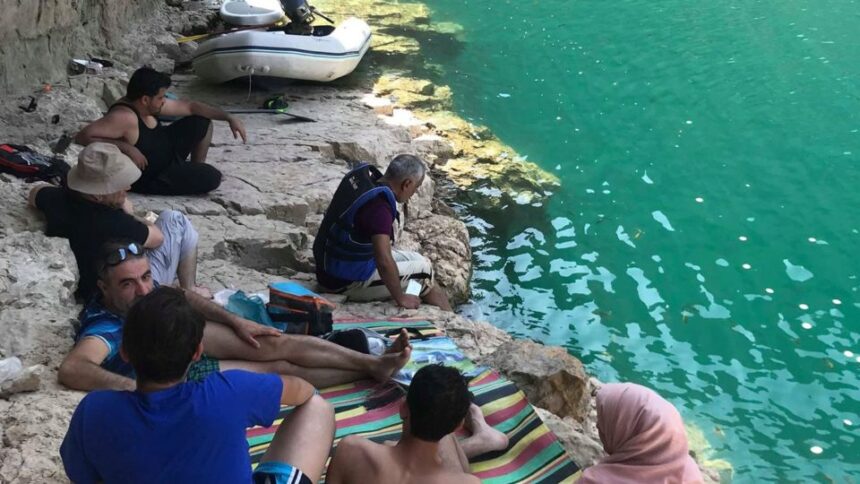

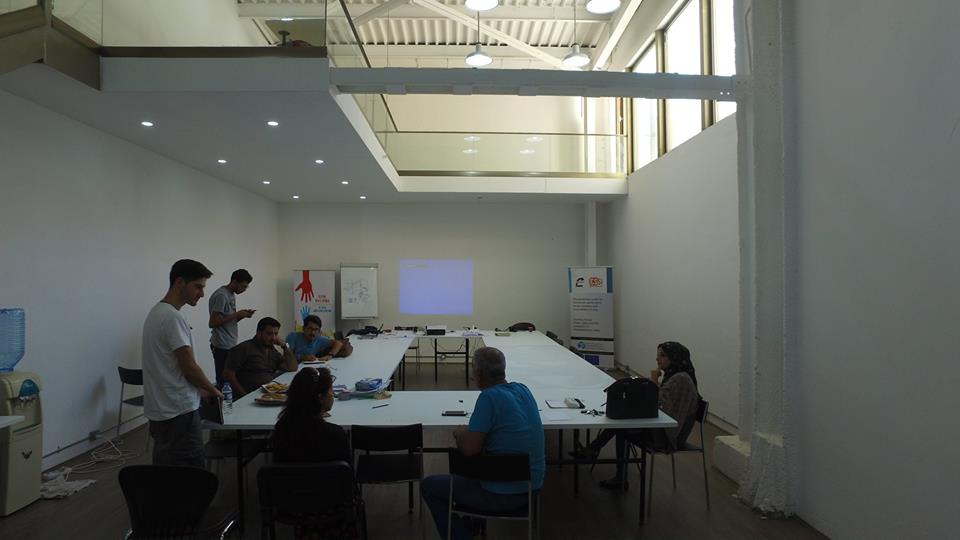

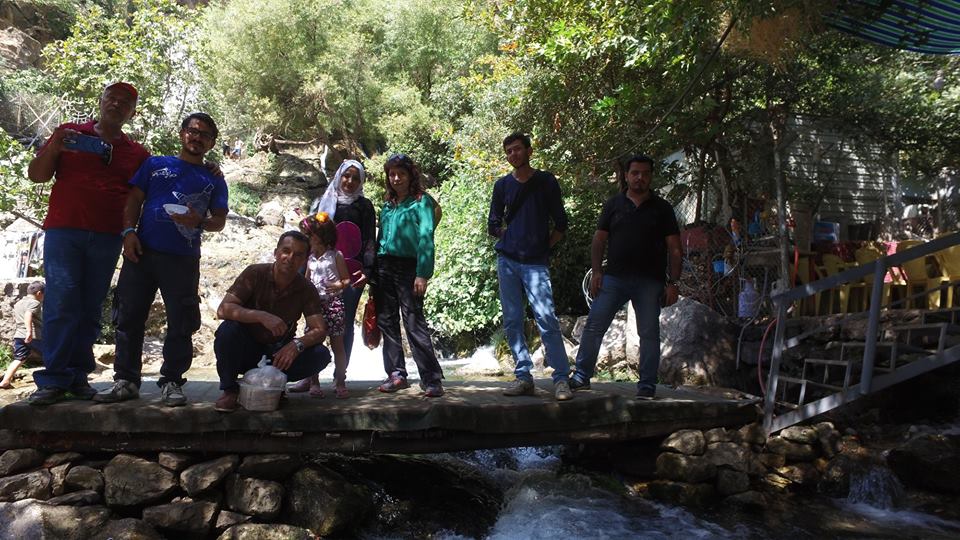
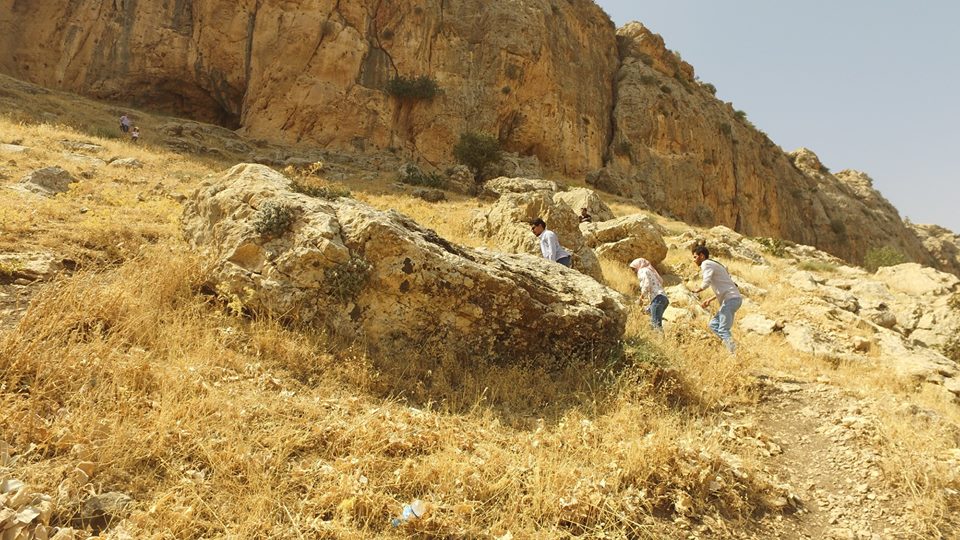
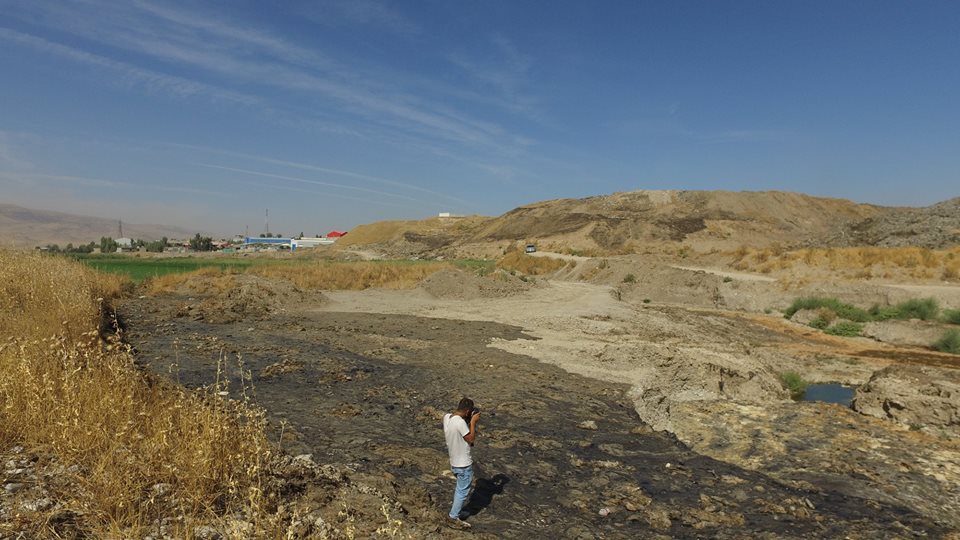
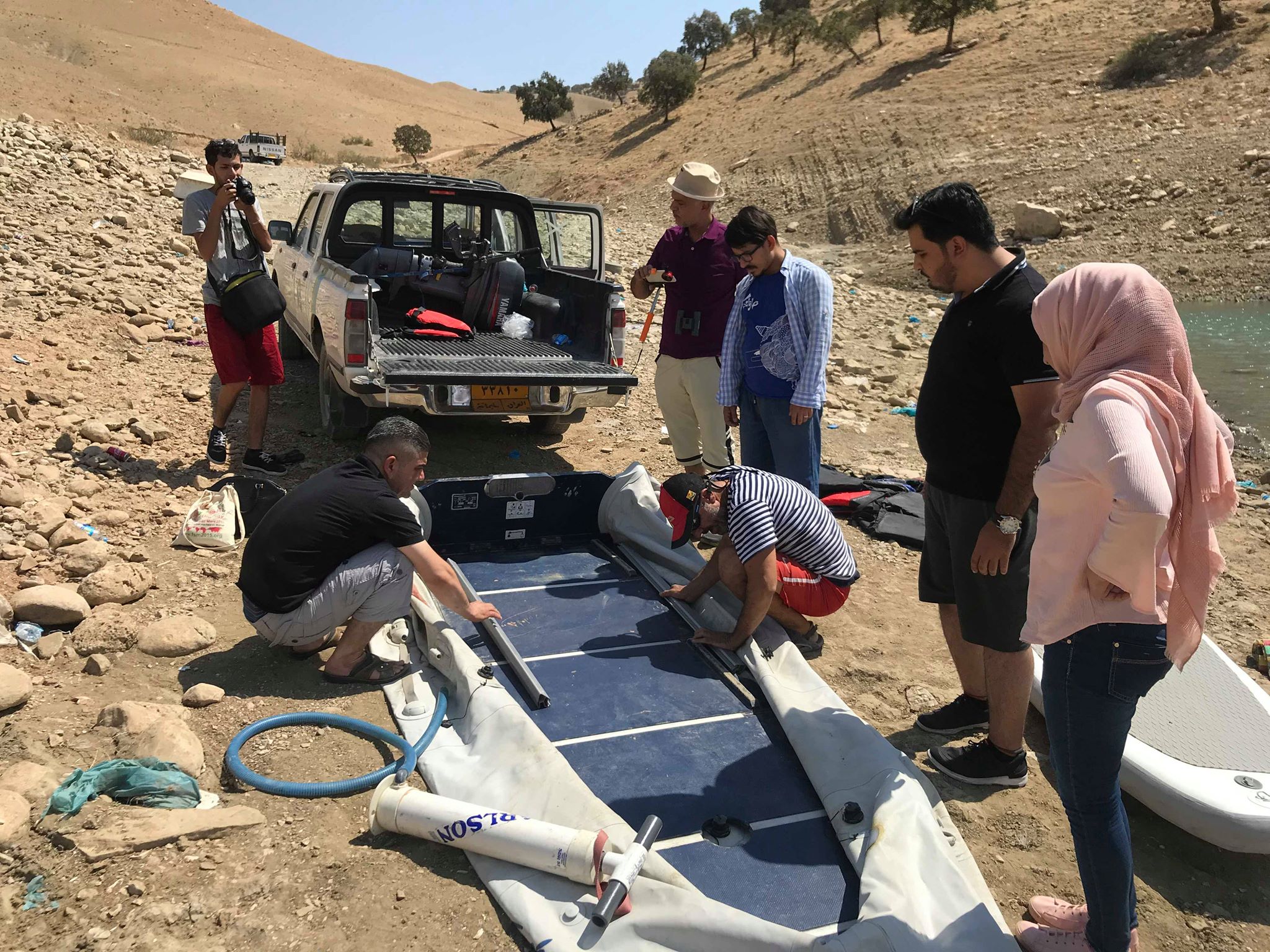
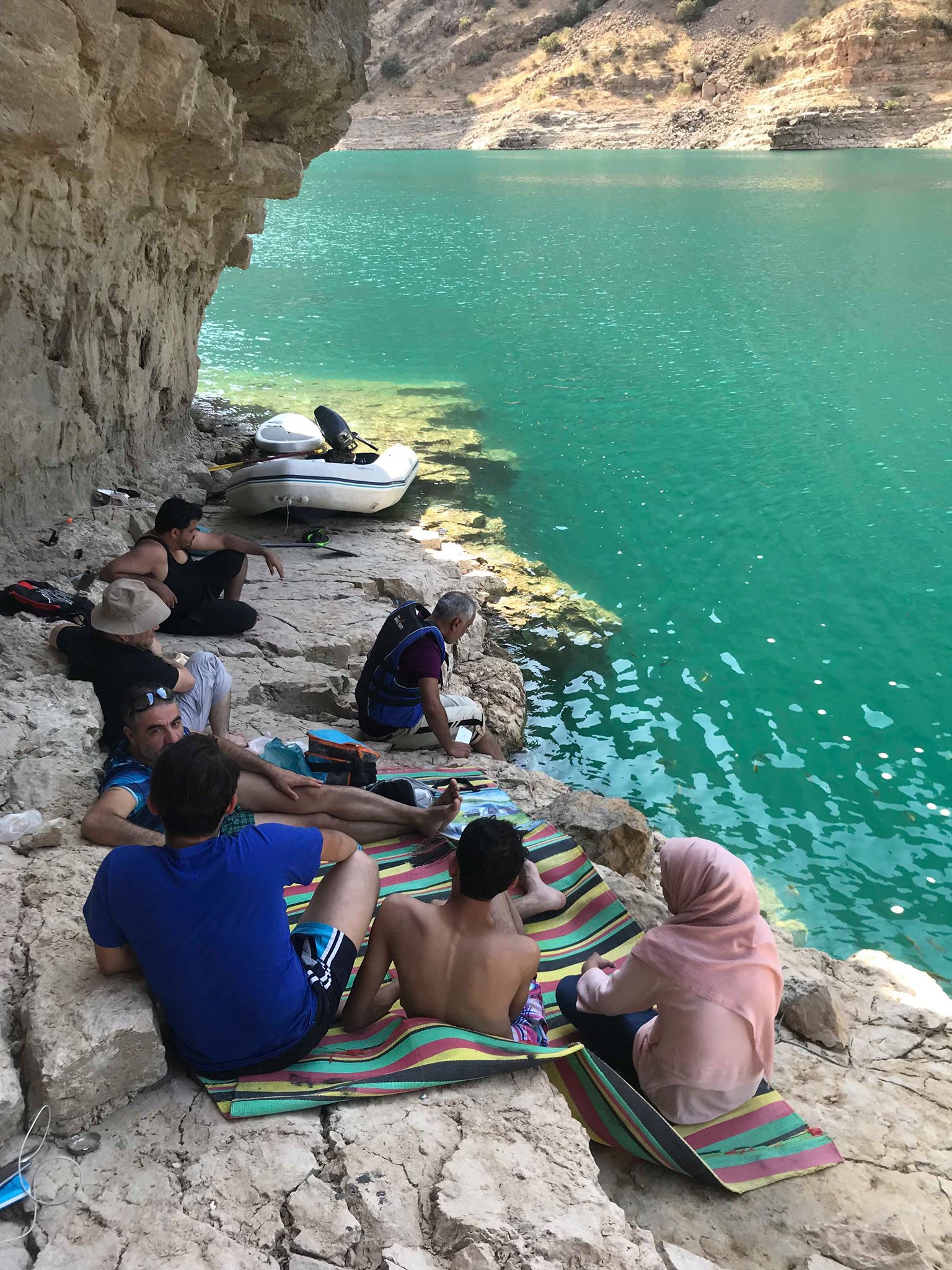

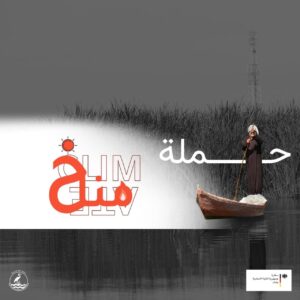
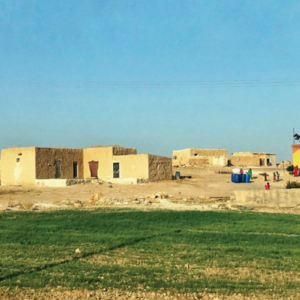
Leave a Reply